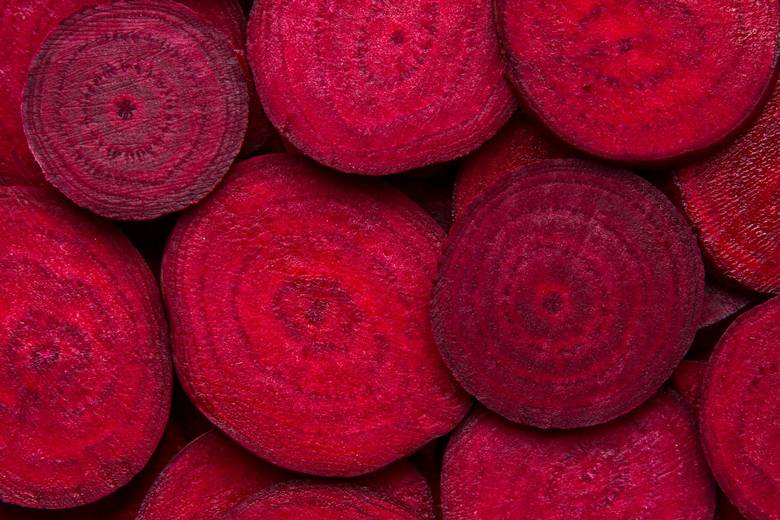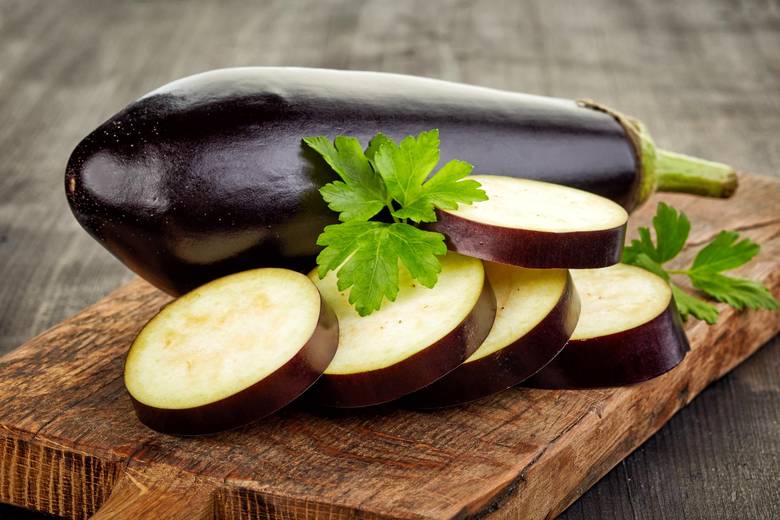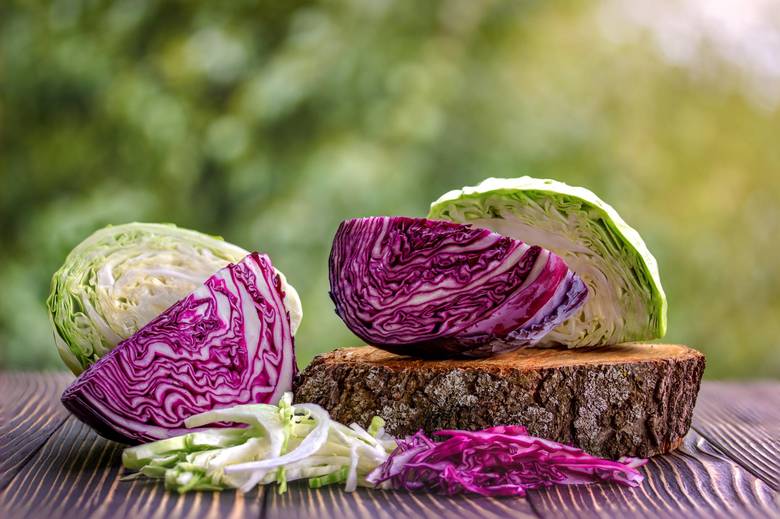In the Pixar movie
Inside Out, the Mindy Kaling-voiced character, Disgust, is shaped like broccoli. Not coincidentally, Disgust makes her debut just as the protagonist Riley is being fed the vegetable as a toddler.
Broccoli, in my experience, is one of the most hated vegetables. It could just be an image problem. Or it could be that when broccoli is cooked badly it can be disgusting – mushy, stringy and bitter all in one package.
Most people have one dreaded vegetable lodged permanently in their memory. The most reasonable people can take an unreasonable stand on such basic produce as broccoli, beets, eggplant and cabbage. (Personally, I can't stand parsnips – they masquerade as carrots and are both sickeningly sweet and bitter at the same time.)
The vegetables we love to hate often suffer more from bad cooking technique than they do from inherently bad taste. When cooked incorrectly, vegetables can have a myriad of problems: textural issues, sogginess, toughness, bitterness and/or lack of taste.
In the past, vegetables were boiled beyond comprehension and then set on the table with a pat of butter. But many vegetables taste better when roasted, steamed or touched with hot oil. Adding dressings, splashes of acid, crunchy contrasts such as nuts or seeds and flavourful oils all make a big difference.
So throw out whatever childhood disgust you have toward a particular vegetable and try it again with fresh eyes. Maybe I will even give parsnips a go.
Beets

Getty Images/iStockphoto
For some, beets are too earthy tasting, or the vibrant colour turns them off. If it is a texture issue, then this soup may be the answer.
Eggplant

Magone/Getty Images/iStockphoto
Forget everything you have ever thought about eggplant. Eggplant can be a neutral canvas taking on the taste of whatever it is served with. It is a pleasure to cook with.
Broccoli

canyonos/Getty Images/iStockphoto
George H.W. Bush once said: "I do not like broccoli. And I haven't liked it since I was a little kid and my mother made me eat it. And I'm President of the United States, and I'm not going to eat any more broccoli!" He purportedly still hates it, but we wonder if he ever tried it roasted.
Cabbage

ilietus/Getty Images/iStockphoto
People are always complaining about eating cabbage, but it is one of the tastiest and most versatile vegetables around. Properly cooked, it absorbs other flavours, give bulk to stews and makes wonderful fritters. It also lasts for weeks in the fridge.
Why some people hate vegetables (according to science)
Kids have lower tolerance for bitter: The theory is that bitterness was a sign of a poisonous plant to our hunting and gathering forebears. This aversion to bitterness may still be hard-wired in our brain and kids are less likely to eat something just because it is good for them. Avoiding veggies as a kid can set someone up for a lifetime of veggie-avoidance.
Supertasters: Supertasters are real. These people may have an increased sensitivity to bitterness because of a a specific tasting gene: TAS2R38. Studies have shown that supertasters are more likely to avoid foods like kale, cabbage and broccoli.
Negative associations: A friend refuses to eat eggplant because he was force fed it as a child. A negative association with a vegetable can override our taste buds. Studies have shown that it can take 10 or 12 tries of a food before we learn to like it.
Hating certain vegetables can be cultural: For the Japanese market, Pixar animators had to change broccoli to green pepper because broccoli is an adored vegetable in Japan but green peppers are considered disgusting.
